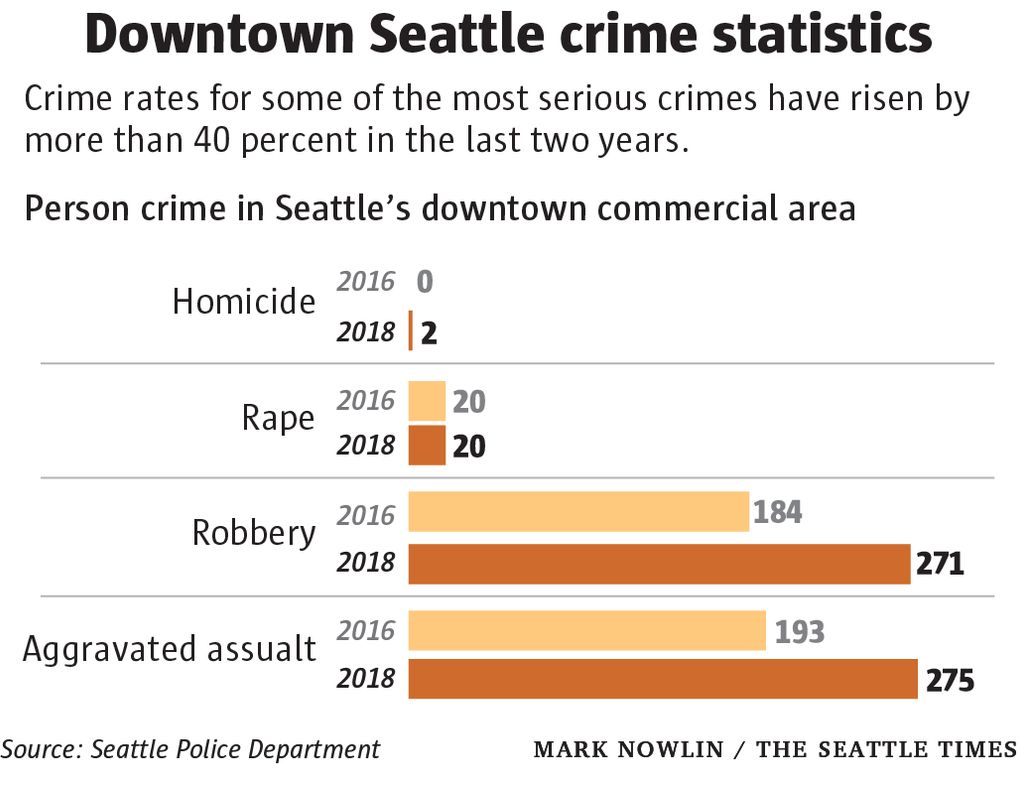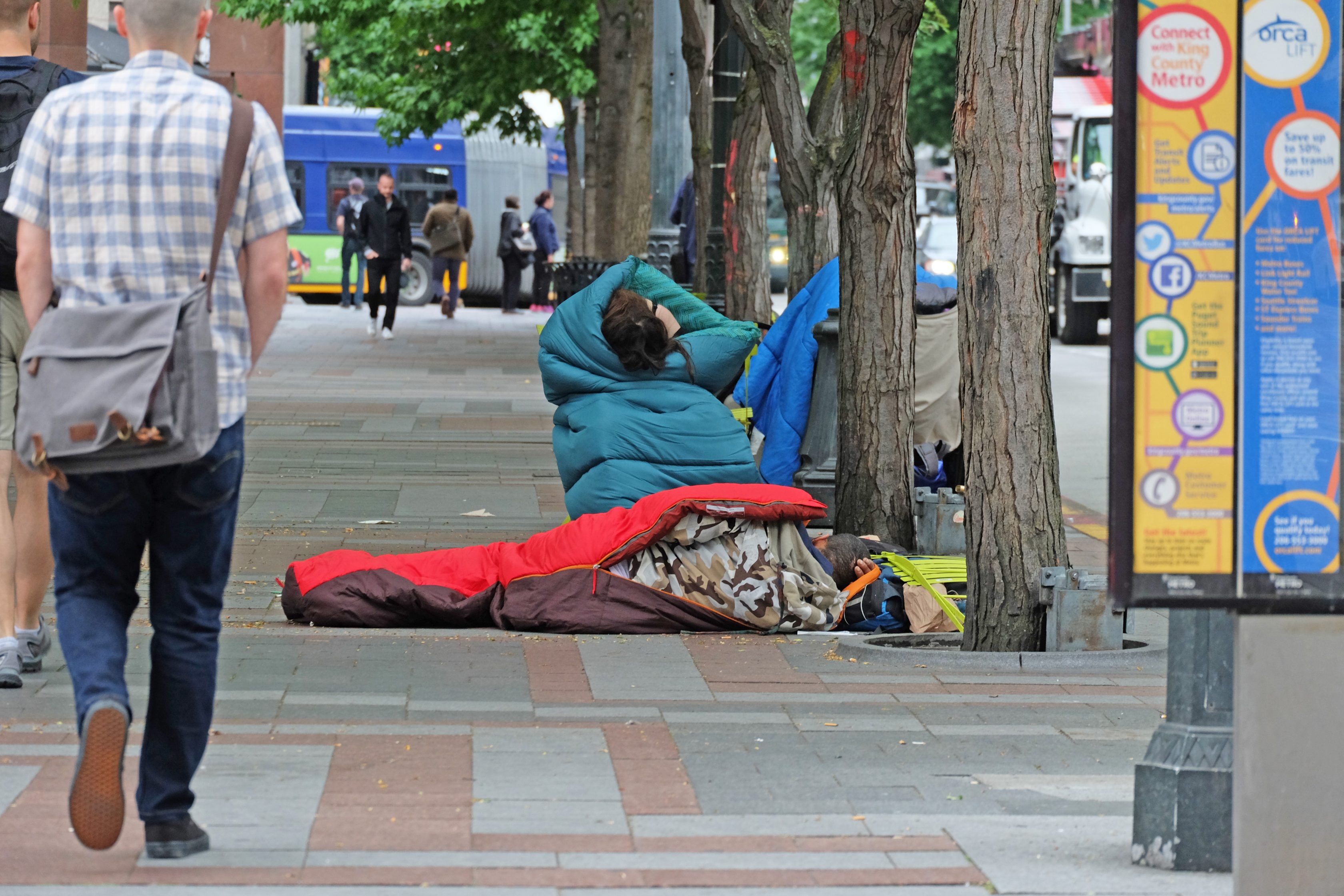Just over a year ago, the Seattle City Council repealed the short-lived tax on jobs — an economically reckless policy that was oversold as a cure-all to the homeless, quality of life and public-health issues experienced across Seattle. The jobs tax attempted to paint a narrow portrait of these challenges and offered a too-good-to-be-true solution that the public saw right through.
Its ultimate fate wasn’t surprising. What the public has long seen — and what the politicians pitching this plan missed — is a complex set of issues that no single strategy, tax or law will solve.
Perhaps the most egregious element of the jobs-tax proposal was its attempt to simplify the problems, distort the reality and frame a politically convenient narrative for its proposers — “big businesses caused all these challenges and now they should pay.” Voters didn’t buy it. They understood that political simplification offers no advantage if we hope to make real progress on these difficult issues.
To do so, we must first correctly diagnose the safety, homelessness, public-health and criminal challenges we face, and develop specific and effective solutions for each.
In some ways we’ve been paralyzed as a city because we’ve been incapable of doing just that. Some have held out for a single solution, and many have held tight in their corners and to their own narratives of who’s at fault for what we see on the streets.
The truth of what we face is inconvenient and incredibly complicated.

We see people living in dangerous and unhealthy situations.
Drug use on our sidewalks. Goods being stolen from retailers, then sold on the streets in crime bazaars. Property crime persisting citywide. Untreated mental illness. Families forced into shelters because they couldn’t pay the rent. Women on the streets fleeing domestic violence. Veterans looking for a helping hand after serving our country. Tents blocking sidewalks. Garbage and graffiti along the freeway. Needles on soccer fields. We see the effects of 50 years of restrictions on housing development in Seattle and a self-inflicted affordability crisis that these restrictions have created during a period of rapid job growth.
We see these challenges and our shortcomings as a city each and every day. They’re undeniable.
There’s no one answer. There is no convenient villain in this story. There’s no one tax, no single plan, program or law. The only way we’ll fully address the scope and scale of these issues and get to real solutions is if we confront the complexity and the truth of the situation, together.
These issues are multifaceted and require leadership from every level of government and from every corner of our community. Leadership that will stand up and say we shouldn’t criminalize homelessness, but we should criminalize crime, particularly crimes against people in our community.
We should compassionately help people while also taking pride in our public areas and keeping our freeways and parks clean and safe.
We should increase police presence in our growing city and reestablish standards for what’s acceptable on our sidewalks.
We should take back our sidewalks from the illegal fencing operations that fuel a never-ending shoplifting cycle in our retail stores.
We should develop effective interventions to break the expensive cycle of those spinning in and out of our criminal justice system.
